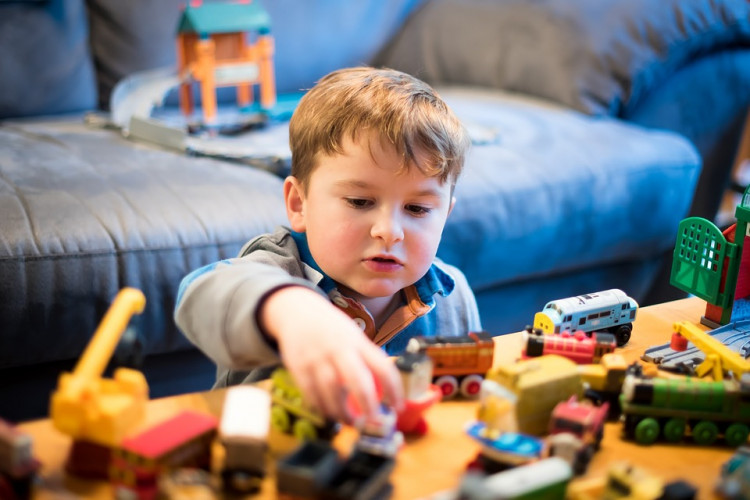Parents and grandparents may want to hold off from buying the young ones with toys this Christmas if they already have a heap piled up at home. A recent study revealed that toddlers who have fewer toys have a better attention span.
The study involved toddlers ages 18 to 30 months who were given four or 16 toys to play with. Researchers observed that those with more toys only bounced from toy to toy. They were also "superficial in the way they explored" the toy before they moved on to the next.
Meanwhile, the toddlers who were given four toys behaved differently. They played better and did so "with more creativity."
It follows the concept of "less is more, "according to Alexia E. Metz, Ph.D., co-author of the study and a professor of occupational therapy at the University of Toledo. Children who have fewer toys have better cognitive skills and better concentration compared to those with more toys. They engaged in more types of play in general since they have fewer toys to tinker with.
The researchers assessed creativity using verbs to describe the type of play they witnessed. They noticed that the children first started with pulling, stacking, dumping, and pulling, which Dr. Metz called as exploratory actions."
Then the toddlers started with the "sophisticated play" after they became more familiar with their toys. These include actions that have something to do with function such as pretending, hammering, and calling.
An article published in Psychology Today backs this study, saying that those with fewer toys interacted with their toys in different ways and in longer periods. Fewer toys lead to a "significant difference in the quality of toddlers' play." Suffice to say, that fewer toys can lead to proper interaction and longer attention span.
According to Dr. Metz, the study addresses the notion about kids being attention deficit. It aims to assist parents in helping their kids' behavioral development from such a young age. It points to the fact that kids are natural not born with attention problems, but that their environment fosters this behavior. Dr. Metz suggests to "simplify the environment" to boost attention retention, and this starts with their toys.
The best toys for this matter are not the electronic ones. The simpler toys do wonders for the development of the child's creative imagination. The best toys are those that parents can use to interact with their kids and promote interactive play.






